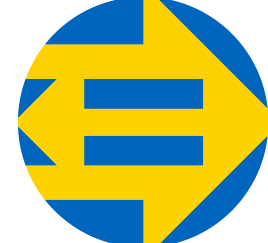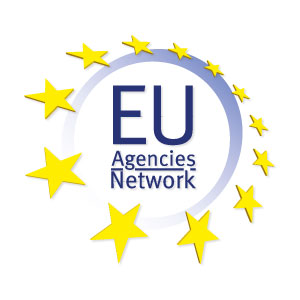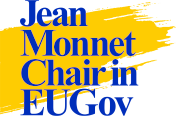Other Institutions & Bodies

1) European External Action Service (EEAS)
Quick definition
The European External Action Service (EEAS) is the diplomatic service of the European Union, managing the EU’s diplomatic relations with countries outside the bloc and conducting EU foreign and security policy. Based in Brussels and with a network of delegations around the world, its aim is to increase Europe’s global influence by making EU foreign policy more coherent and consistent.
What does the EEAS do?
- supports the EU High Representative in conducting EU foreign and security policy
- manages diplomatic relations & strategic partnerships with non-EU countries
- works with the national diplomatic services of EU countries, the UN and other leading powers
Composition
The European External Action Service is led by the EU foreign affairs chief – or High Representative for Foreign Affairs & Security Policy. It is composed of:
- in Brussels – expert staff transferred from the Council of the EU, the European Commission and EU countries' diplomatic services
- worldwide – a network of EU "embassies" (delegations)
How does EEAS work?
The High Representative is also a Vice-President of the European Commission. He represents the EU's foreign and security policy around the world, coordinates the work of the European Commission on EU external relations and chairs meetings of EU Foreign, Defence and Development ministers. The High Representative/Vice President implements EU foreign & security policy, together with EU countries and using national and EU resources. This helps ensure consistency in foreign policy across the bloc.
Outside its borders, the European Union is represented by a number of in-country offices – EU delegations – which have a similar role to that of an embassy.

2) European Ombudsman
Quick definition
The European Ombudsman conducts inquiries into cases of maladministration by European Union institutions, bodies, offices and agencies, acting on their own initiative or on the basis of complaints from EU citizens, or any natural or legal person residing or having their registered office in a Member State. The Ombudsman is elected by the European Parliament for the duration of the parliamentary term.
What does the Ombudsman do?
The Ombudsman investigates different types of poor administration, for example:
- unfair conduct
- discrimination
- abuse of power
- lack of information or refusal to provide it
- unnecessary delays
- incorrect procedures
How is the Ombudsman chosen?
The European Parliament elects the Ombudsman for a renewable 5-year term. This is one of its first tasks when newly elected.
How does the Ombudsman work?
The Ombudsman's office launches investigations either in response to complaints or on its own initiative. An impartial body, it takes no orders from any government or other organisation. It produces an annual activity report for the European Parliament.
The Ombudsman may be able to solve your problem simply by informing the institution concerned. If more is needed, every effort is made to reach an amicable solution that will put matters right. Should this fail, the Ombudsman can make recommendations to the institution. If these are not accepted, the Ombudsman can draw up a special report to the European Parliament, which must then take appropriate action

3) European Agencies
Quick definition
EU agencies are distinct bodies from the EU institutions – separate legal entities set up to perform specific tasks under EU law.
Type of agencies
Decentralised agencies: Decentralised agencies contribute to the implementation of EU policies. They also support cooperation between the EU and national governments by pooling technical and specialist expertise from both the EU institutions and national authorities. Decentralised agencies are set up for an indefinite period and are located across the EU.
Agencies under Common Security and Defence Policy- Agencies have been set up to carry out very specific technical, scientific and management tasks within the framework of European Union’s Common Security and Defence Policy.
Executive agencies - Executive agencies are set up for a limited period of time by the European Commission to manage specific tasks related to EU programmes.
EURATOM agencies and bodies - These were created to support the aims of the European Atomic Energy Community Treaty (EURATOM), which are to: coordinate national nuclear research programmes, for peaceful purposes provide knowledge, infrastructure and funding for nuclear energy ensure sufficient and secure supplies of nuclear energy
Other organisations - include bodies set up as part of EU programmes and public-private partnerships between the European Commission and the industry.
Source: EP Website, 2023
